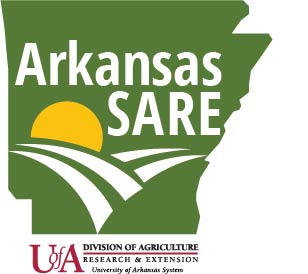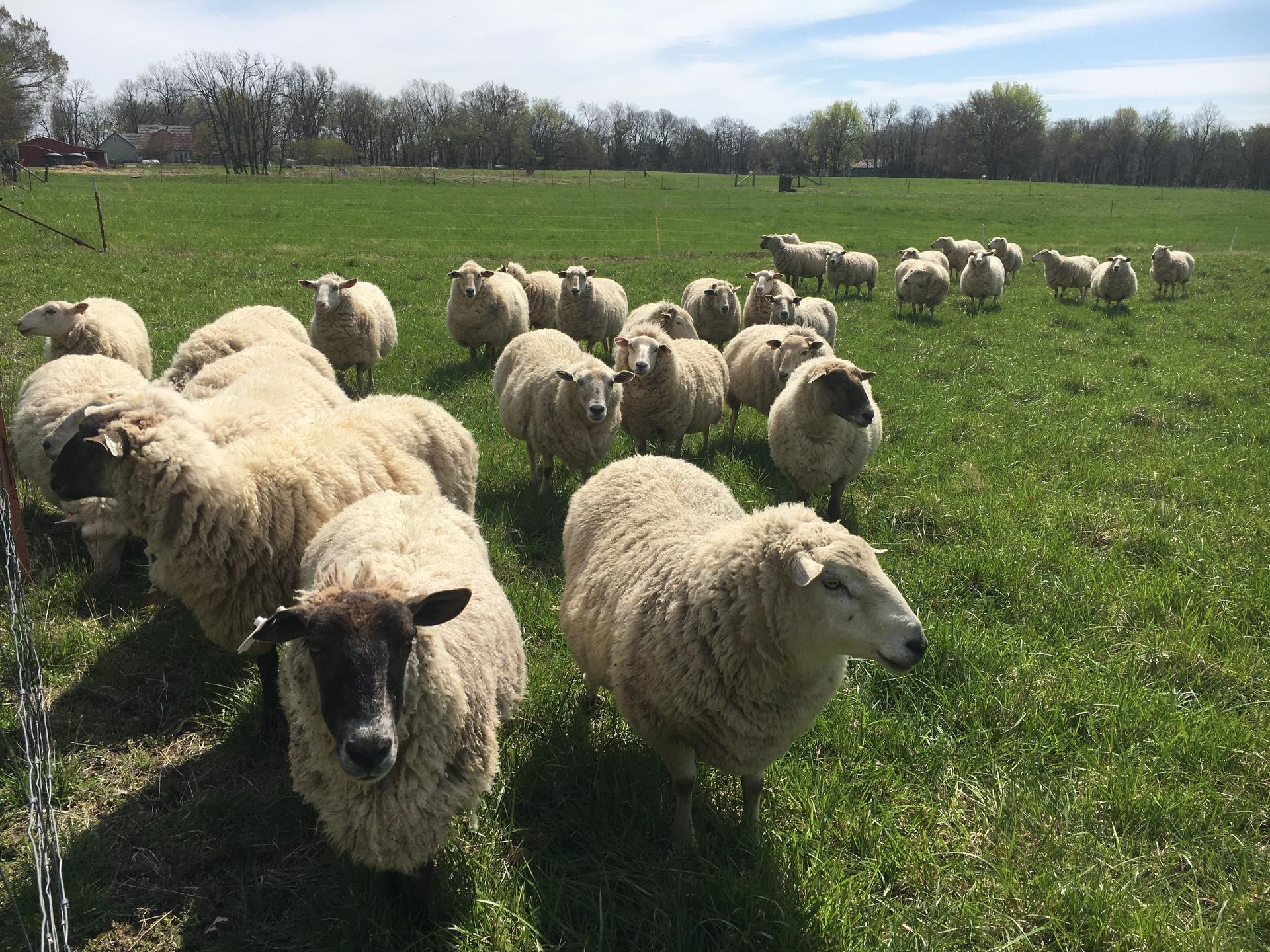Commercial Horticulture

NCAT Specialists to Host Livestock Virtual Workshop Series

Livestock can enhance the land and help farmers have a satisfying and profitable business.
Starting with a good understanding of fundamental principles is essential for the
health of the land, livestock, and business.
In this three-part series for beginning farmers, NCAT’s sustainable agriculture specialists
will present information about soil health, grazing management, and basic livestock
enterprise selection. We are planning one hour for presentations with ample time for
questions. Participants will also receive a follow-up email with extra resources to
explore.
Each session will last from 5:00-6:30 pm CST. Dates and topics are as follows:
Nov. 4- Principles of Soil Health and Forage Management
NCAT's Nina Prater, Justin Morris, and Lee Rinehart will talk about soil health and grazing management. This session covers the basic principles you need to protect and improve your soils and forages so your farms can thrive.
Nov. 11- Regenerative Grazing, Soil Health, and Land Carrying Capacity
NCAT’s Nina Prater, Justin Morris, Lee Rinehart and Linda Poole will expand on session 1 and explain how to increase water infiltration on your farm, teach how to assess your farm’s carrying capacity and how to know if your practices are working.
Nov. 18- Building Your Healthy Farm: Choosing a Livestock Enterprise
In this session, NCAT specialists will give tips for success in any livestock enterprise, as well as brief overviews of different livestock species. This session features most of the NCAT livestock team and will end with virtual “tours” of the specialists’ farms.
This virtual workshop series is free, but registration is required. Register once to attend any or all of the sessions. Click here to register on Zoom.
Questions? Please contact Linda Coffey at lindac@ncat.org.
This virtual workshop series is produced by the National Center for Appropriate Technology through the ATTRA Sustainable Agriculture program, under a cooperative agreement with USDA Rural Development. This virtual workshop series was also made possible in part by funding from the USDA Sustainable Agriculture Research and Education (SARE) program. ATTRA.NCAT.ORG.
